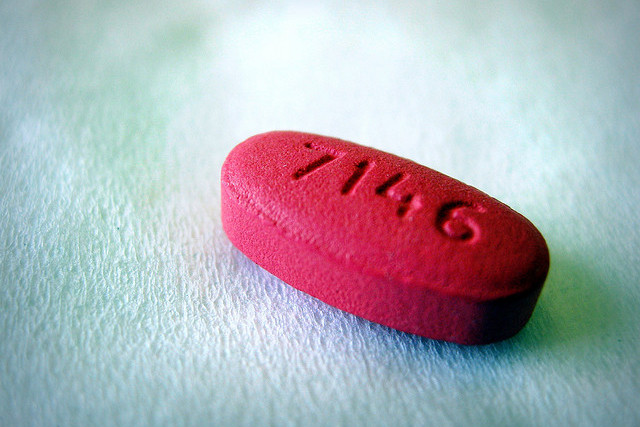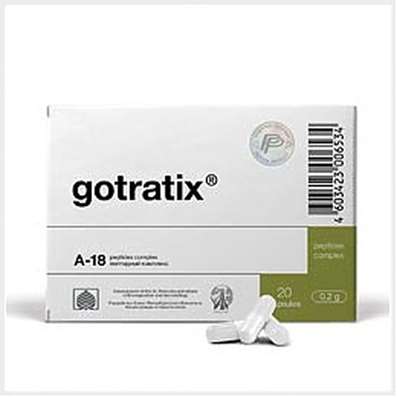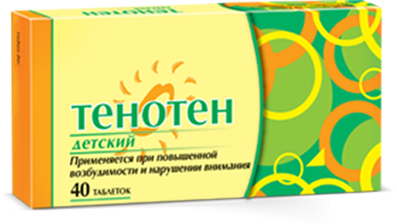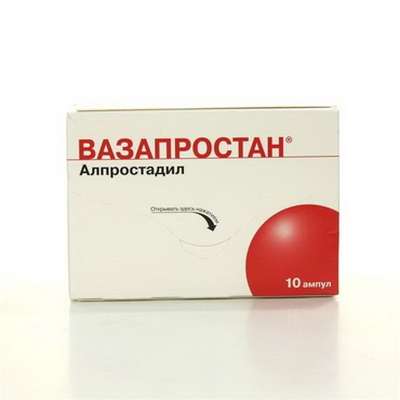How do antibiotics affect the risk of obesity of children?
02 Dec 2016
About unjustified use of antibiotics for viral infections and improving the sustainability of micro-organisms. Reception children under 2 years of broad-spectrum antibiotics in many cases leads to the development of childhood obesity.

Studying the influence of antibiotics on the health of children and is held in connection with the fact that, unfortunately, many children receiving antibiotics in vain, for example, in the case of a viral infection. The fight against improper use of antibiotics is all over the world. The studies examined the effect of antibiotics in early childhood to further human health. Previously it published a series of articles showing that children taking antibiotics during the first months of life, becomes more frequent incidence of asthma. The risk of developing asthma increased by about 10% for each course of antibiotics. To support your immune system of the body – buy Actovegin, IRS 19, Complex of Cytamine for immune system, Cyanocobalamin, Meldonium, Metaprot, Selank.
This article states that the use of antibiotics young children increases the rate of obesity. Obesity occurs naturally, not all, but the percentage of children increases with obesity. There is nothing surprising in this. In agriculture, antibiotics are used for pigs and calves were more and larger for 50 years in animal husbandry. Piglets fed with antibiotics and a half times larger and fatter than normal. Similarly, the use of antibiotics in early childhood and can affect humans. Of course, not all children and not every day stuffed with antibiotics, but there are children who for the first year of life get 5-10 courses.
The studies do not mean that antibiotics should not be given to children, in principle, they show that they should be used only in case of real need: the dangerous bacterial disease, which is not much. I can say that pneumonia in children under 2 years of age is less than 1% of all respiratory diseases. If we limit the use of antibiotics only children with pneumonia, wheezing, changes in the lung, we, of course, will fall sharply and the percentage of obesity. In Russia, however, is now at 80% of respiratory infections children get antibiotics, but they suffer them 3-4 times a year. The same thing happens in case of intestinal infections: 95% of children with intestinal infections do not need to be treated with antibiotics, but, according to published reports, 85% of children in Russia receive antibiotics, although they do not help. It's not that we do not recommend giving antibiotics because of cost or because of the fact that they are harmful antibiotics simply do not help, because these diseases are caused by viruses. The doctor should be able to diagnose "viral infection".
In the US, there is a state program to reduce the unnecessary use of antibiotics. I can not say that it is very successful, but there is a reduction of unnecessary consumption. In France, since the beginning of the XXI century was held a big campaign to work with pediatricians. Antibiotics there fell by 30-40%. At the same time decreased and microbial resistance. After all, the uncontrolled use of antibiotics leads also to an increase in resistance to him microbes. Therefore, the campaign against excessive use of antibiotics has ripened, but, unfortunately, the media is not to be included. The problem lies in the fact that the unjustified use of antibiotics by doctors not controlled by management. Russia has allocated money through the World Health Organization to improve pediatric Kyrgyzstan and Turkmenistan. For a year or two the use of antibiotics in hospitals has dropped dramatically in the republics. Unfortunately, we have not carried out such work.

 Cart
Cart





